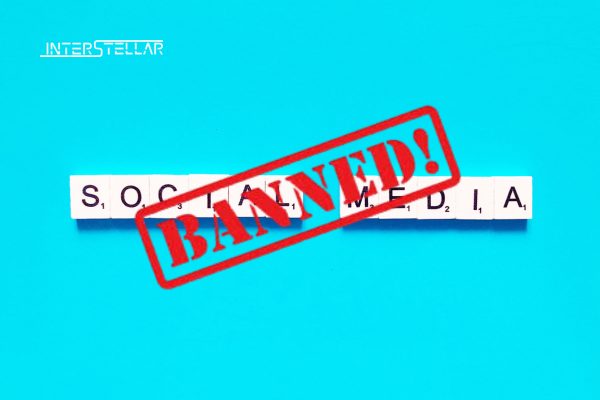Australia to Ban Social Media for Under-16s in World-First Legislation
The government of Australia plans to legislate a complete ban on social media access for children under 16, Prime Minister Anthony Albanese announced on Thursday. This strict new policy, which the government describes as “world-leading,” could become law by late next year.
Age Verification Trial to Prevent Social Media Access
As part of this effort, Australia is testing an age-verification system designed to prevent children from joining social media platforms. This age restriction package includes some of the world’s strictest measures to date, positioning Australia as a leader in online child protection.
Prime Minister Albanese expressed deep concern over the negative impact of social media on young people, particularly around body image and exposure to harmful content. “Social media is doing harm to our kids, and I’m calling time on it,” he said. He highlighted the risks to both physical and mental health, emphasising that social media’s portrayal of body image issues affects girls, while harmful, misogynist content targets boys.
The Prime Minister noted, “If you’re a 14-year-old kid getting this stuff, it can be a really difficult time, especially when you’re maturing and going through life’s changes.”
World-First Policies with Strict Requirements
While several countries have announced plans to limit social media access for children, Australia’s proposed policy stands out as one of the most stringent. No other country has trialled age-verification methods such as biometric scans or government ID to enforce a minimum age for social media use. Australia’s policy also sets the highest age limit worldwide, banning those under 16 without any exemptions for parental consent or existing accounts.
The legislation is expected to be introduced to parliament this year, with laws coming into effect 12 months after they pass. The opposition Liberal Party has shown support for the ban, indicating bipartisan backing for the proposed laws.
Under this plan, social media companies will be responsible for proving they have effective measures in place to block underage users. Albanese stressed that responsibility would not fall on parents or young people to restrict access.
Impact on Major Platforms and Industry Reactions
The new policy targets major social media platforms, including Meta’s Instagram and Facebook, ByteDance’s TikTok, Elon Musk’s X, and Google’s YouTube. Communications Minister Michelle Rowland described the legislation as “truly world-leading,” aimed at enhancing online safety for children.
Some industry representatives, however, have voiced concerns. The Digital Industry Group (DIGI), which includes Meta, TikTok, X, and Alphabet, argued that restricting access could drive young people to explore unregulated parts of the internet while cutting off access to positive online support communities. DIGI Managing Director Sunita Bose remarked, “While keeping young people safe online is a top priority, a ban is a 20th-century solution to a 21st-century challenge.” Bose suggested that rather than outright bans, age-appropriate digital spaces and improved digital literacy could offer a balanced approach to online safety.
Comparisons to International Policies
Globally, other countries are also grappling with social media’s impact on young users. France proposed a ban last year for children under 15 but allowed exemptions with parental consent. In the US, companies have long been required to obtain parental consent to collect data on users under 13, effectively blocking younger children from accessing social media.
Australia’s move, however, marks a new level of enforcement, aiming to create a safer digital environment for young people by completely blocking access until age 16, without exceptions.





